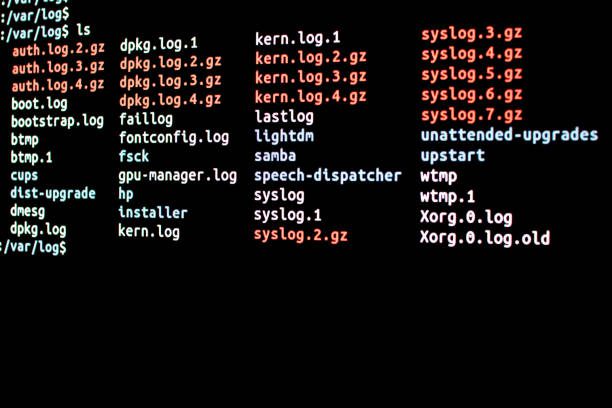In the dynamic landscape of web hosting and server management, understanding cPanel log locations is paramount for ensuring optimal performance, security, and troubleshooting capabilities. As website administrators and developers delve into the intricacies of cPanel, familiarizing themselves with the precise locations of log files becomes a key skill. In this comprehensive guide, we will unravel the mysteries surrounding cPanel log locations, shedding light on why they are crucial, where to find them, and how to leverage this information for enhanced server administration.
Why Are cPanel Log Locations Vital?
Before we dive into the specifics of cPanel log locations, let’s underscore their significance. Logs serve as the digital breadcrumbs that record every action and event on a server. For cPanel users, these logs provide invaluable insights into website activity, server performance, and potential issues. Monitoring these logs is akin to having a real-time dashboard of your server’s health, allowing proactive measures to be taken before minor glitches escalate into major problems.
Locating the Gold: Essential cPanel Log Locations
Now that we recognize the importance of cPanel logs, let’s pinpoint where to find them. The primary cPanel log locations include the following:
- Access Logs: Found in the /usr/local/cpanel/logs directory, access logs detail every request made to a website hosted on the server. These logs are instrumental in analyzing visitor traffic, identifying potential security threats, and troubleshooting website access issues.
- Error Logs: Located in the /usr/local/cpanel/logs/error_log file, error logs capture information about server errors and issues. Regularly monitoring error logs helps detect and rectify problems swiftly, minimizing downtime and ensuring a seamless user experience.
- FTP Logs: The /var/log/messages file houses FTP logs, recording all FTP transactions on the server. FTP logs are invaluable for tracking file uploads, downloads, and user activity, aiding in security audits and user behavior analysis.
- MySQL Logs: MySQL database-related activities are logged in the /var/lib/mysql/hostname.err file. These logs are indispensable for database administrators, offering insights into queries, errors, and overall database performance.
- cPanel Update Logs: Ensuring that cPanel is up-to-date is crucial for security and functionality. The /var/cpanel/updatelogs/ directory contains logs detailing cPanel updates and changes, allowing administrators to stay informed about system upgrades.
Leveraging cPanel Log Data for Optimal Server Management
Now armed with knowledge about cPanel log locations, the next step is harnessing this information for effective server management. Regularly reviewing logs, employing log rotation to manage file sizes, and setting up automated alerts for critical events are proactive measures that can significantly enhance server performance and security.
In conclusion, understanding cPanel log locations is not just a technical nuance but a strategic advantage for anyone responsible for server administration. By mastering the art of deciphering log files, administrators can ensure the smooth functioning of websites, swiftly address issues, and fortify their server’s resilience against potential threats. Stay vigilant, explore the depths of cPanel logs, and empower yourself with the insights needed to navigate the intricate web hosting landscape successfully.





